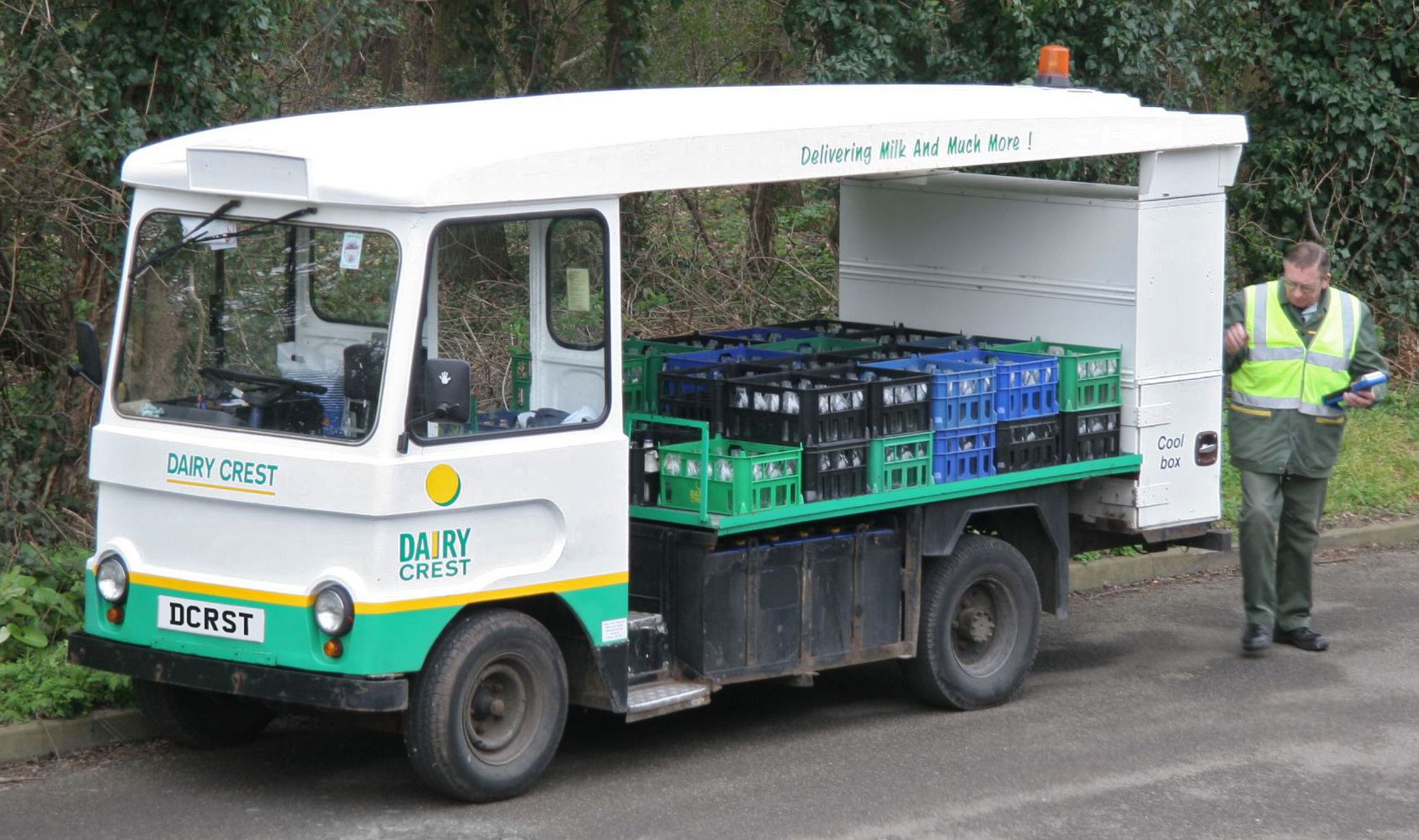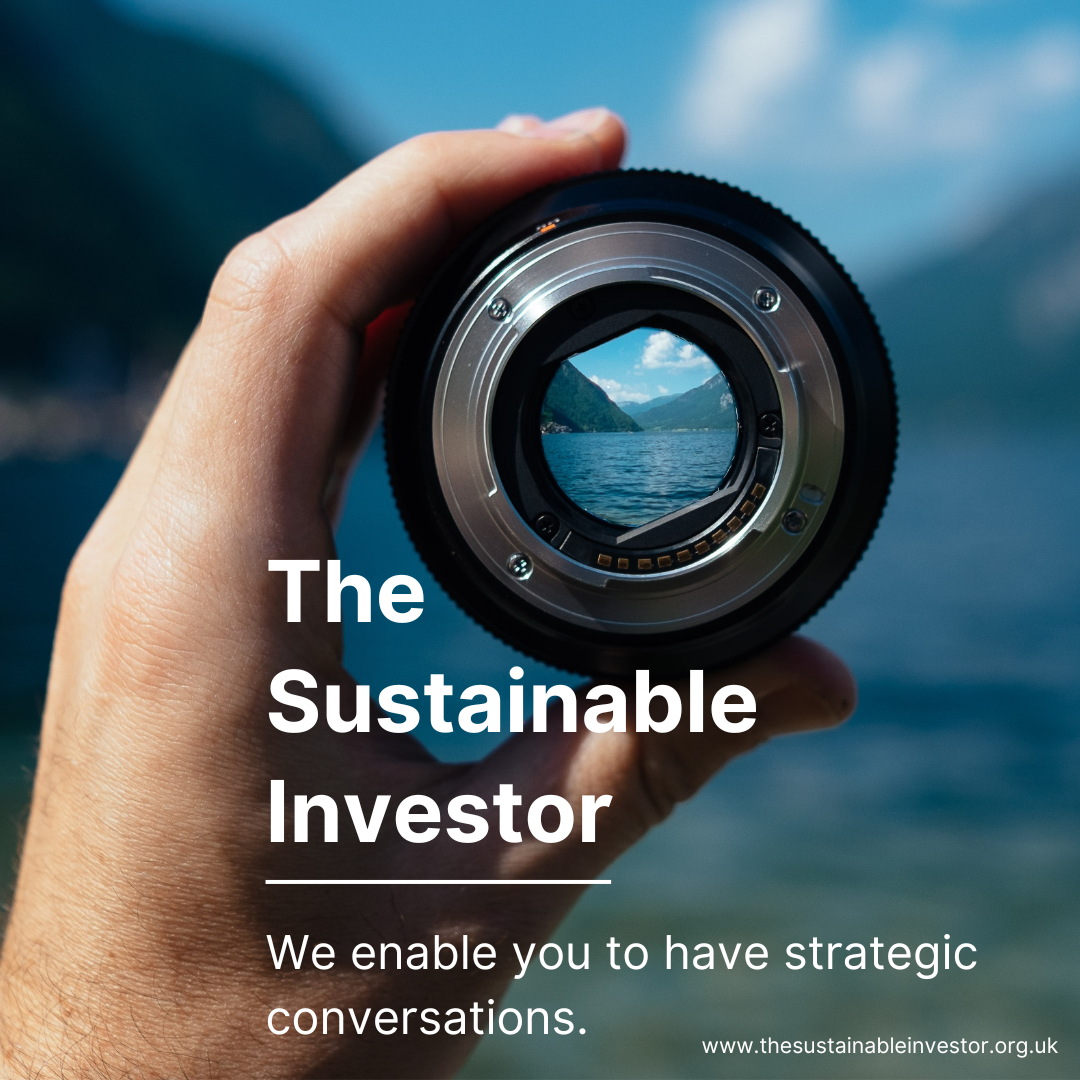
Deposit return scheme kick-start for recycling?
Incentivising people to recycle and reuse has historically been a challenge. But perhaps history offers a solution with drinks containers?
Summary: A deposit return scheme for single-use plastic bottles and cans will be introduced in England, Wales and Northern Ireland in 2025, according to UK Environment Minister Rebecca Pow. The scheme, which was approved after a public consultation, would see small cash deposits placed on the containers and would include reverse vending machines and designated sites for customers to recycle the items. The government aims that the scheme will reduce the number of discarded drinks containers by 85% within three years of launch.
Why this is important: Waste is something that has a number of negative impacts (GHG emissions, health and well-being etc) and a number of solutions from the raw materials and processes used to make packaging and products to their design, to what we do with waste once it has been created.
The big theme: Waste has been an inevitable problem of the traditional linear production and consumption model. Reducing and eliminating waste is a big area for decarbonisation in energy and finished goods such as packaging - waste less, consume less, generate less. What we do with that waste can also contribute to harmful emissions. The circular economy and other recycling paradigms offer one route. Other innovations from the technological to the economic to the behavioural can also help.

The details
Summary of a press release from The UK Government
Following overwhelmingly favourable response to a consultation (83% in favour), the UK Department for Environment, Food & Rural Affairs (DEFRA) will work with the Devolved Administrations to launch a deposit return scheme (DRS) for drinks containers in England, Wales and Northern Ireland in 2025. Small cash deposits would be placed on single-use drinks containers and through the use of reverse vending machines, people would be able to get that cash back when they return their drinks containers.
UK consumers use approximately 14 billion plastic drinks bottles and nine billion drinks cans each year. Current recycling rates for drinks containers in the UK are roughly 70%. In Germany, Norway and Finland where DRS exists, recycling rates are above 90%. The target for the UK scheme is to collect more than 85% of returnable drinks containers and ensure that 85% fewer containers are littered (and ultimately sent to landfill) three years post launch.
Why this is important
The United Nations Environment Assembly adopted a resolution in March of 2022 recognising that rapidly increasing levels of plastic pollution represented a serious global problem "negatively impacting the environmental, social and economic dimensions of sustainable development." The intention was to develop an internationally legally binding instrument on plastic pollution ultimately aimed at preventing, reducing and eliminating plastic pollution. Researchers from the University of California, University of Georgia and the Sea Education Association estimated that of the 8.3 billion metric tons of virgin plastics produced to 2015, almost nine percent had been recycled, 12% was incinerated and 79% went to landfill or the environment.
It is easy to see how plastics become common place as containers. They are durable, resistant to common chemicals, water and impact and lightweight. Arguably a bigger problem than the plastic containers themselves is how we use them. Deposit return schemes are not new in the UK. I can remember as a child there being a deposit on glass bottles that you could transform into money for sweets claim back and put into one's savings (ahem) and of course the ultimate return scheme was via the milkman (one of the earlier commercial EVs too!)

2017 saw the announcement that a DRS would be launched in Scotland in 2023 and the Campaign to Protect Rural England has been campaigning for more than a decade. Internationally there are a number of countries with DRS including Australia (the main image is of a reverse vending machine in Sydney), Denmark, Canada, Germany, Norway, Sweden, United States, Israel and Ecuador. Singapore is looking to launch a DRS in 2024. How the schemes are set up will be important. Research commissioned by Alupro, the Aluminium Packaging Recycling Organisation warned in 2021 that if the same deposit fee were attached to all sizes of container, consumers may opt for larger plastic bottles rather than can multi-packs which could increase the consumption of plastic. OK there is arguably a vested interest there from Alupro but even so, they also found that Nordic schemes where, for example in Norway, recycle rates are above 90%, utilise variable rates. Surfers against sewage have been pushing for all sizes to be included and all materials (more on that in a moment).
It is important to note that not all plastics can be recycled. At a high level, Plastics are either thermoplastic (they don't form chemical bonds when cured and so are remouldable) or thermoset (form strong chemical bonds when cured and so difficult/impossible to remould). Resin Identification Codes (RIC) classify plastics into 7 categories. The lower the number the easier it is to recycle. Clear communication to consumers is vital in avoiding confusion as to what can be recycled and what actions need to be taken before recycling (for example emptying and washing).

As the use of recycled materials increases, the provenance of that 'post-consumer recycled plastic' will be in sharp focus. The World Economic Forum highlighted that with regards to recycled materials, one must ask "who is collecting it, in what conditions is it collected and what are the environmental and social impacts of collection?" Could a nationally organised DRS help in that regard bringing consistency and traceability?
What about other types of drinks containers? Whilst welcomed by campaigners, one criticism of the announced DEFRA plan is that it does not include glass bottles. Glass bottles can be recycled many more times than plastic with the latter degrading on each cycle. However, a lifecycle assessment of drinks containers carried out by researchers at Southampton University found that glass and recycled glass bottles are more impactful on the environment that other containers, although all had impacts. So other alternative packaging materials are worth identifying. Alternatives include containers made from flax fibre or paper and 'wine in a can' is even getting traction. Compostable bioplastics are one answer including those made from waste food materials such as CuanTec's product made from waste Langoustine shells. But as I pointed out earlier, how we use containers is as much a part of the problem as the materials themselves. As the Southampton study's lead, Alice Brock commented "society needs to move away from single-use beverage packaging in order to reduce environmental harm and embrace the regular everyday use of reusable containers as standard practice." Intelligent dispensing and refillable solutions are also a way forward.
'Deposit return schemes' could even extend beyond drinks containers. The Catalan government banned smoking on all of Barcelona's beaches last July and even proposed a 'butt recycling' scheme where €4 would be paid to anyone handing in a pack's-worth of cigarette butts paid for via a €0.2 levy per cigarette. Beyond the reduction in material waste going to landfill, other benefits include incentivising litter clearing and the obvious benefit to well-being that clean public areas bring, and even providing short term income for the homeless.
Something a little more bespoke?
Get in touch if there is a particular topic you would like us to write on. Just for you.
Contact us
Please read: important legal stuff.

